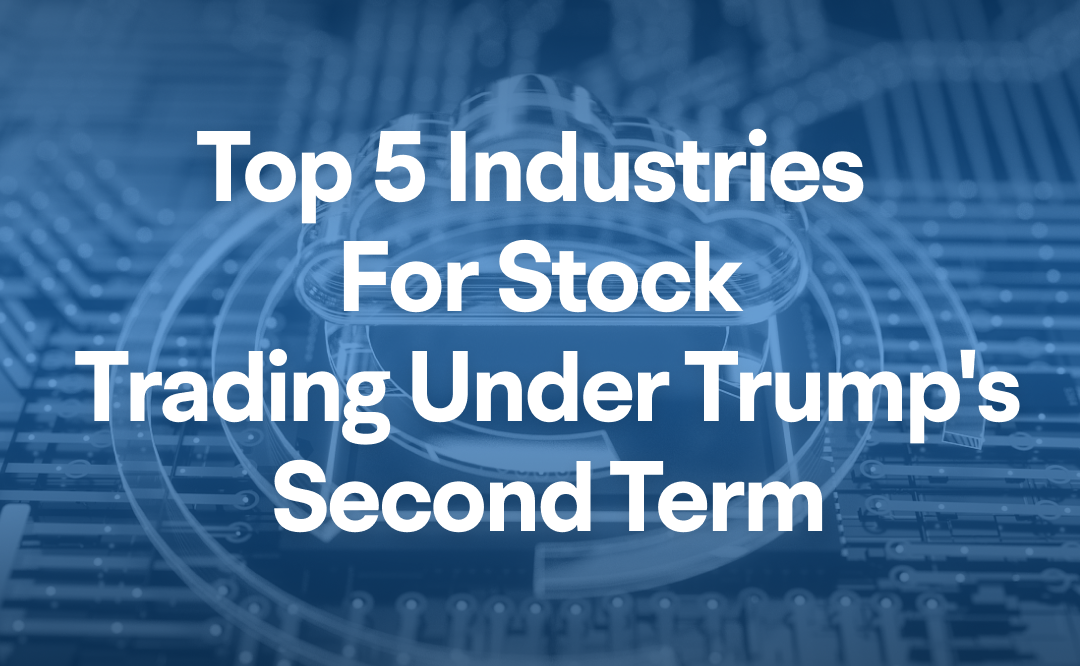No Data
CHGCY Chugai Pharmaceutical (ADR)
- 20.930
- -0.040-0.19%
- 5D
- Daily
- Weekly
- Monthly
- 1Q
- 1Y
Trade Overview
Capital Trend
No Data
News
The Nikkei average fell by 26 yen, marking a decline after five days, and after a round of Sell, the decrease has softened = Afternoon session on the 24th.
On the 24th, in the afternoon session, the Nikkei Stock Average fell by 26.89 yen from the previous day to 39,931.98 yen, marking a decline for the first time in five days, while the TOPIX (Tokyo Stock Price Index) dropped slightly by 0.70 points to 2,751.04 points. Following the rise in US stocks on the 23rd local time, there was initial buying of Japanese stocks in the morning. President Trump stated in an interview with FOX News, "I want to avoid imposing tariffs on China," leading to a reduction in caution against excessive tariff policies. During the lunch break, the Bank of Japan held a policy meeting.
Nidec Corporation Sponsored ADR, Fukuyama Transport, ETC (additional) Rating
Target Price Change Code Stock Name Securities Company Previous Changed After---------------------------------------------------<2432> DeNA SMBC Nikko 1800 yen 2900 yen <4502> Takeda Macquarie 4800 yen 5000 yen <4503> Astellas Pharma Macquarie 2000 yen 2200 yen <4519> Chugai Pharmaceutical Macquarie 8200 yen 8700 yen <6752> Panasonic HDGS 1450 yen 1750 yen <90
Nikkei Average Contribution Ranking (closing) - The Nikkei Average continues to rise, with Fast Retailing and Tokyo Electron contributing approximately 85 yen in total.
As of the market close on the 21st, the number of rising and falling stocks in the Nikkei average was 114 rising, 107 falling, and 4 unchanged. The US market was closed on the 20th due to the King Martin Luther King Jr. Day holiday. The Tokyo market opened with a buying advantage as there were restrained comments regarding tariffs during the significant inauguration of President Trump. There were moments when the Nikkei average expanded to 39,238.21 yen, but around 10 AM, it was announced that "tariffs of 25% would be implemented on Mexico and Canada from February 1."
In the future, attention will turn to the Bank of Japan's monetary policy decision-making meetings.
The Nikkei average continued to rise, closing up 125.48 yen at 39,027.98 yen (Volume estimated at 1.5 billion 30 million shares), recovering the 39,000 yen level for the first time since the 10th. Developments were influenced by reports regarding tariffs from U.S. President Trump. Anticipating that Trump would postpone tariff policies during his inauguration, buying activity led to a rise, reaching 39,238.21 yen shortly after the opening. However, after reports emerged about considering tariffs on Mexico and Canada, it turned negative in the middle of the first half.
The Nikkei average rose by 37 points, and attention is turning to the earnings reports of domestic and foreign companies starting this week.
The Nikkei average is up 37 yen (as of 14:50). In terms of contributions to the Nikkei average, Fast Retailing <9983>, Tokyo Electron <8035>, and Advantest <6857> are among the top positive contributors, while Chugai Pharmaceutical <4519>, SoftBank Group <9984>, and NTT Data Group <9613> are among the top negative contributors. In the Sector, Other Products, Textiles & Apparels, Marine Transportation, Warehouse and Transportation related, and Air Transportation have the highest increases in value, while Oil & Coal Products, Mining, Insurance, and Electricity.
The Nikkei average is up about 60 yen, with contributions from Tokyo Electron, Fast Retailing, and Advantest at the top.
At 12:46 PM on the 21st, the Nikkei average stock price was trading around 38,960 yen, about 60 yen higher than the previous day. In the afternoon session, buying was dominant at the start of trading, and the increase expanded, with the index even surpassing the psychological barrier of 39,000 yen, although the upside seemed heavy. In the foreign exchange market, the dollar was around 155 yen, showing a consolidation trend. Among the stocks included in the Nikkei average, the positive contributors were Tokyo Electron <8035.T>, Fast Retailing <9983.T>, and Advantest <6857.T>.

